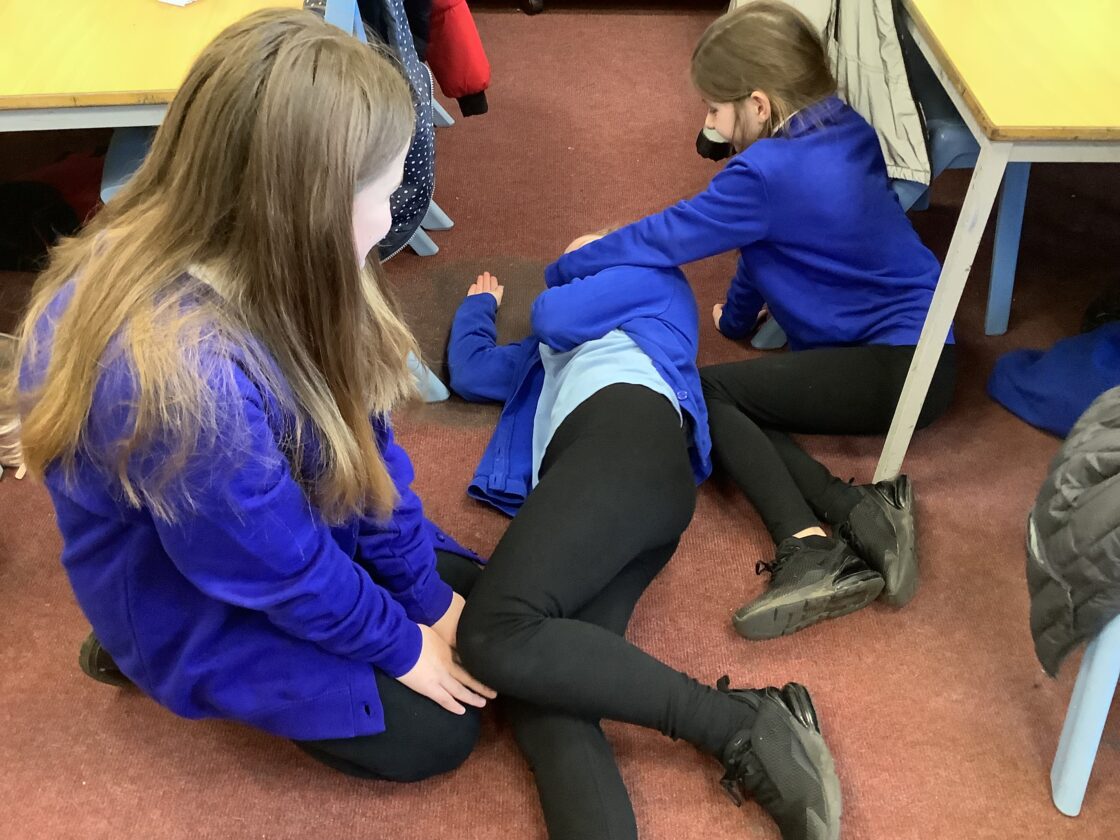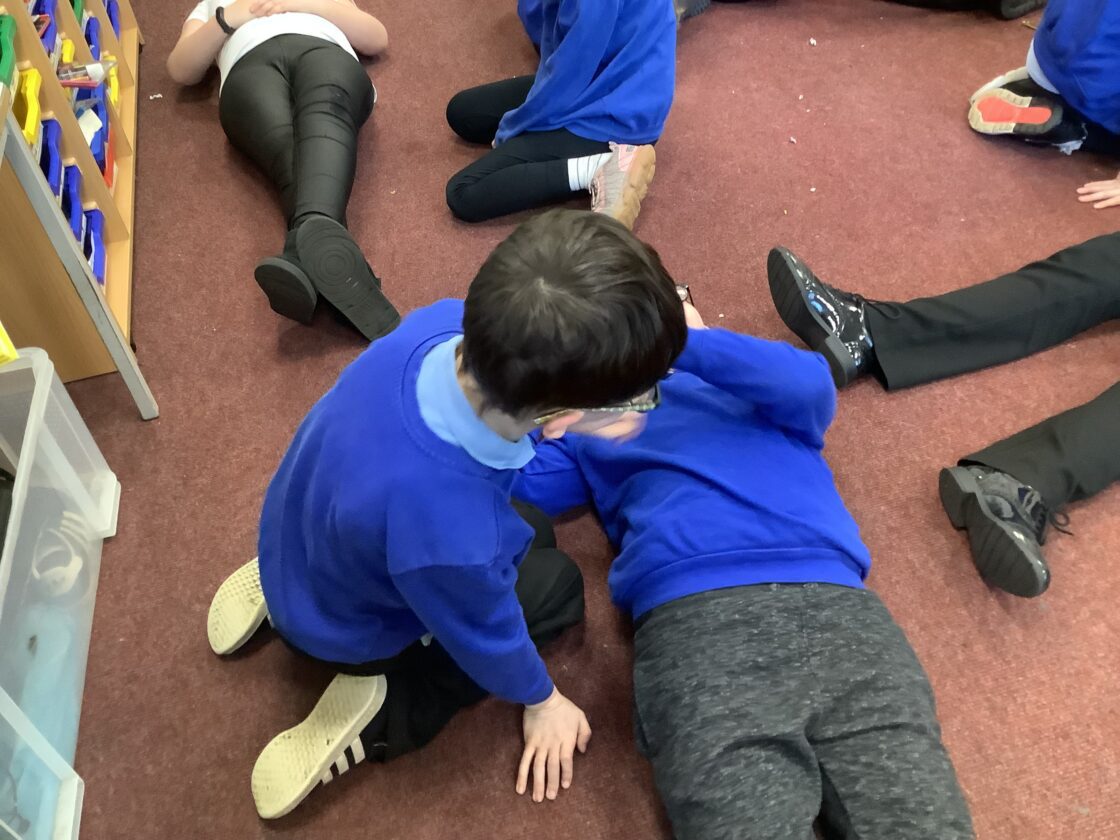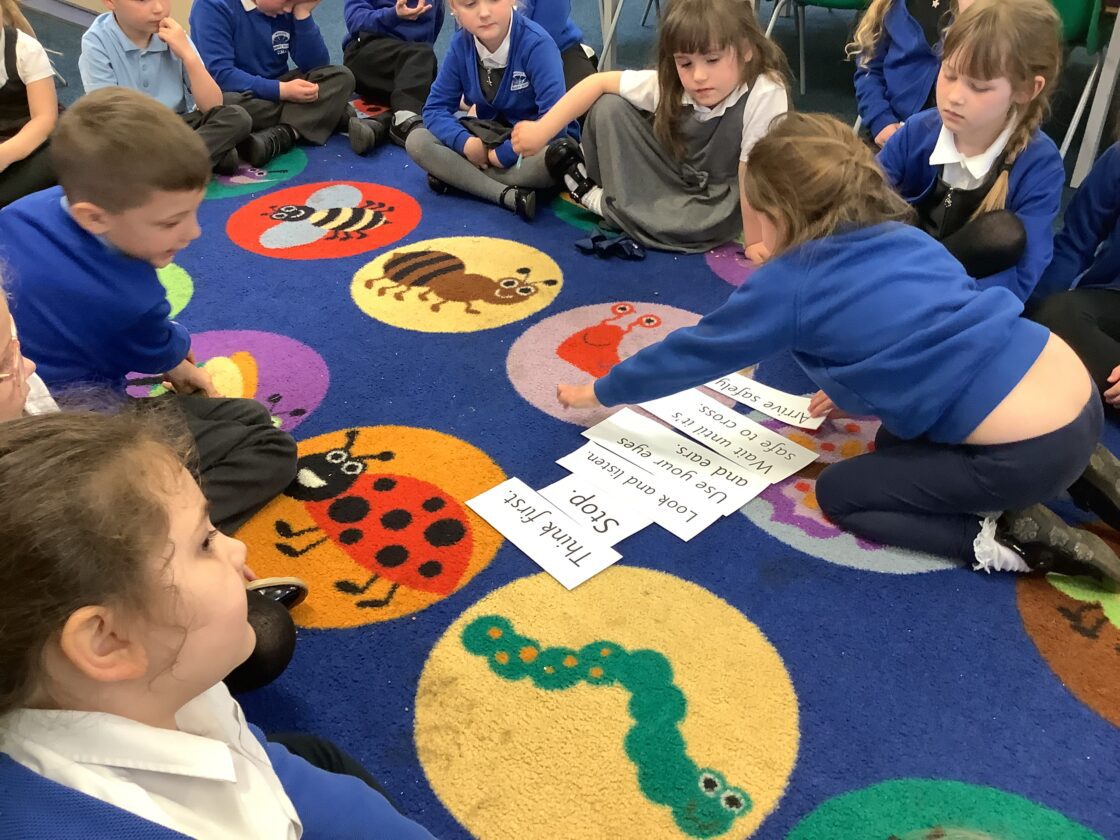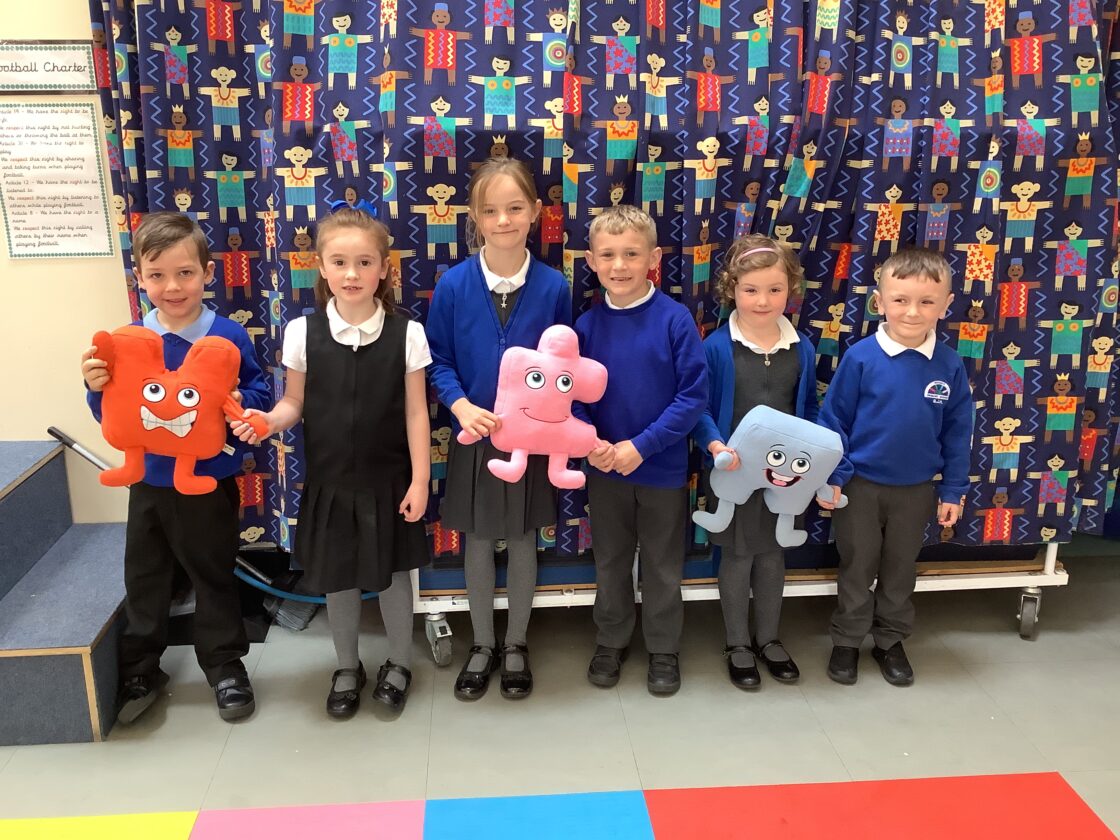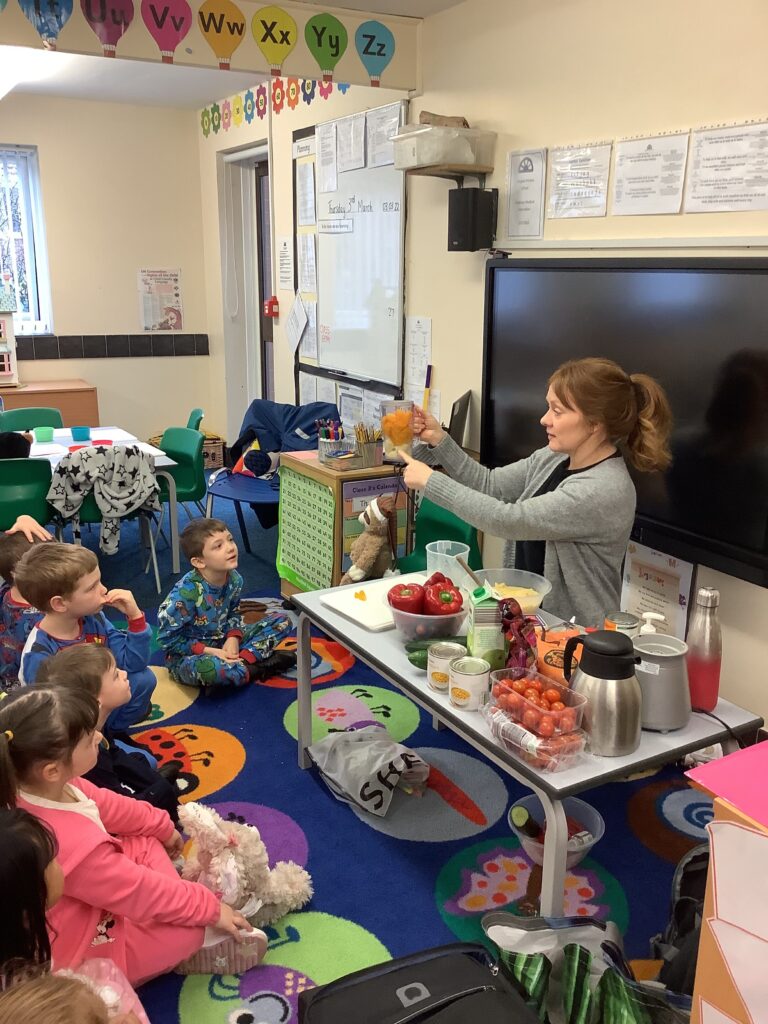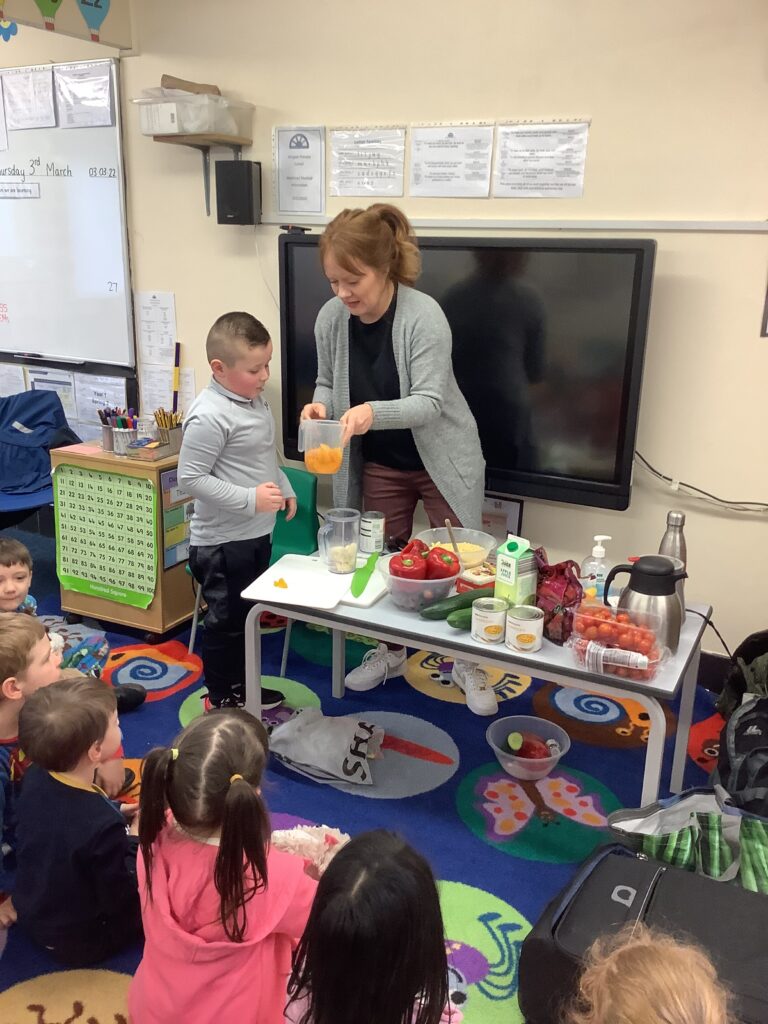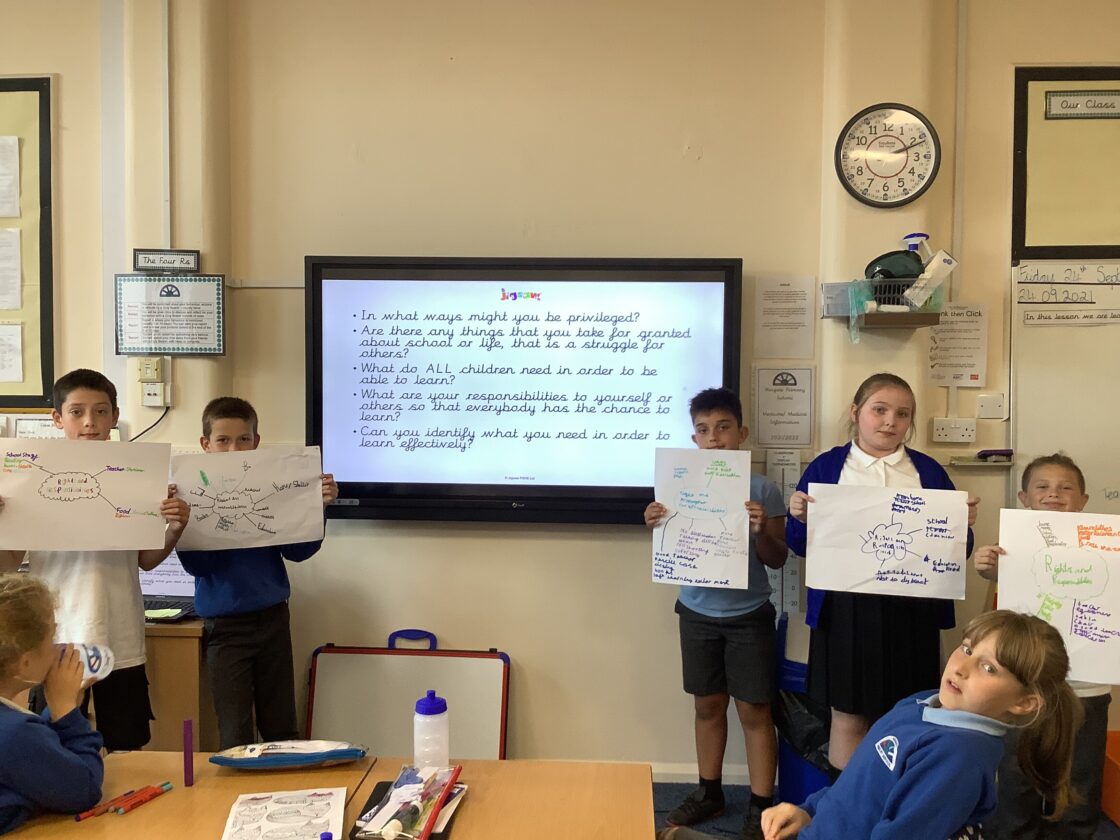Our Intent, Implementation and Impact Statement for PSHE (including RSHE)
The rights and dignity of our children are at the heart of everything we do, every decision we and they make and every driver for making progress and helping our children to develop as responsible, valued global citizens who want to make a positive contribution to their and our world.
In our school it is our intent that we help children to develop resilience, perseverance, autonomy and focus. Our children learn that they are valued and valuable, they are independent people in their own right and they have the power to do wonderful, amazing things at every stage of every day.
Every one of our children is a unique individual with their own strengths, aptitudes, interests and dreams. As a school community we will endeavour to support each child to make the most of every opportunity we offer.
We provide enriching experiences to engage learners and in designing and developing our curriculum we have taken into consideration
- how children learn and remember; progress means knowing more and remembering more
- what our children need to succeed in life; the cultural capital they need to make aspirational choices and succeed beyond their time at Wingate Primary School.
The key drivers for our curriculum are:
Ambition and aspiration
Resilience and courage
Autonomy and independence
Perseverance and solution finding
Intent Statement
The aim of PSHE/RSHE teaching, here at Wingate Primary School is to develop the knowledge and skills required to enable our children to make informed decisions about their wellbeing, health and relationships and to build their self-efficacy in order to embrace the challenges of creating a happy and successful adult life. We feel it is very important children are given opportunities to develop the skills required to make sound decisions when facing risks, challenges or new or more complex situations. We aim to deliver lessons that provide contexts for children to embed new knowledge, so that this knowledge can then be used confidently in real life situations. We want our children to have high aspirations, a belief in themselves and realise that anything is possible. We value PSHE as one way to support children’s development as human beings, to enable them to understand and respect who they are, to empower them with a voice and to equip them for life and learning.
Implementation
EYFS – In Reception, PSHE is taught as an integral part of topic work and is embedded throughout the curriculum. The objectives taught are the Personal, Social and Emotional Development statements from ‘Development Matters in the EYFS’ and the PSED Early Learning Goals. Reception also use the ‘Jigsaw’ materials when appropriate.
Key Stage 1 and Key Stage 2 – At Key Stage 1 and 2, PSHE is taught through a clear and comprehensive scheme of work in line with the National Curriculum. We ensure we cover the Health and Well-Being, Relationships and Living in the Wider World Learning Opportunities set out in the PSHE Association’s Programme of Study, which comprehensively covers the statutory Health Education and Relationships Education guidance.
PSHE is taught as discrete units and lessons to ensure coverage. Pupils are taught PSHE using ‘Jigsaw’ which is a spiral, progressive scheme of work, covering all of the above and ‘aims to prepare children for life, helping them to know and value who they are and understand how they relate to other people in this ever-changing world’. There is a strong emphasis on emotional literacy, building resilience and nurturing mental and physical health. It includes mindfulness to allow children to advance their emotional awareness, concentration and focus.
At Wingate Primary School, in addition to Relationships Education, we also teach aspects of Sex Education. Alongside this we teach about different kinds of relationships because it is important that our children should have an understanding of the full diversity of the world they live in and be prepared for life in modern Britain. The Sex Education aspects of PSHE are also taught through the ‘Jigsaw’ scheme of work.
PSHE is taught through Jigsaw’s six half termly themes with each year group studying the same unit at the same time (at their own level):
Autumn 1: Being Me in My World
Autumn 2: Differences (including anti-bullying)
Spring 1: Dreams and Goals
Spring 2: Healthy Me
Summer 1: Relationships
Summer 2: Changing Me (including Sex Education)
The six Puzzles in Jigsaw are designed to progress in sequence from September to July. Each Puzzle has six Pieces (lessons). Each Piece (lesson) has two Learning Intentions: one is based on specific PSHE learning and one is based on social and emotional development. The puzzles are designed so that all year groups in the school are following the same themes at the same time, contributing to a whole school approach. We begin with the Being Me in My World puzzle. It is important that this is delivered first as it sets up the Jigsaw Charter for the year in the classroom and is part of building a class community. We then move to the Celebrating Difference puzzle during the second half of the Autumn term and this is timed to fit in with Anti-Bullying Week that takes place at a similar time. In the Spring term we move onto the Dreams and Goalspuzzle as this fits in with the theme of a new year in January and looking forwards as we often do at this time of year. Following this we move onto the Healthy Me and Relationships puzzles. These units can tackle some of the more controversial topics such as medicines and drugs so we feel they are better introduced at this point when a safe learning environment is well established and children feel settled and comfortable with their teacher, and each other. Finally towards the end of the school year we move onto the Changing Me puzzle. Again due to the nature of the content of this unit i.e. naming body parts, puberty and sex education we feel this is best delivered at this point when teachers have had a considerable amount of time with their classes and safe learning environments are well established. It also gives teachers the maximum amount of time to assess the emotional maturity of their classes, knowledge vital to delivering effective, successful sex education. This puzzle also contains content on moving on from one class to another, and from primary to secondary school for Year 6 children so is delivered at the end of the school year.
Wider Curriculum
We believe that by focusing on the Gem project children will be encouraged to build resilience, independence and confidence; embrace challenge; foster a love of learning; and increase their level of happiness. We praise children for their efforts, encourage them to praise others and use language to encourage children to change their way of thinking.
PSHE displays throughout school reinforce the PSHE curriculum enabling children to make links.
PSHE is an integral part of the whole school curriculum, and is therefore often taught within another subject area.
First aid training and visits from the school nurse complement our PSHE curriculum and offer additional learning.
All year groups access a selection of ‘Educate & Celebrate’ books each year to teach LGBT+ issues and equal opportunities at an age appropriate level.
Vocabulary
The promotion of a language rich PSHE education curriculum is essential to the successful acquisition of knowledge and understanding in PSHE education. Children have access to key knowledge, language and meanings to understand PSHE education and to use these skills across the curriculum. Our PSHE education Vocabulary Document identifies key vocabulary to be taught from Reception to Year 6. These words are part of a whole host of work aimed at narrowing the vocabulary gap for our children. As a school we aim to expose all children to a broad range of vocabulary and provide them with the skills to use and apply these.
Impact
The impact of our PSHE curriculum is that children at Wingate Primary School enjoy PSHE lessons and areprepared for a successful adult life. By the time our children leave our school they will:
- have positive values and a moral framework that will guide their decisions, judgements and behaviour.
- be on their way to becoming healthy, open minded, respectful, socially and morally responsible, active members of society.
- appreciate difference and diversity.
- recognise and apply the British Values of Democracy, Tolerance, Mutual respect, Rule of law and Liberty.
- be able to understand and manage their emotions.
- be able to look after their mental health and well-being.
- be able to develop positive, healthy relationship with their peers both at the current time and in the future.
- have respect for themselves and others.
- be able to approach a range of real life situations and apply their skills and attributes to help navigate themselves through modern life.
- have the confidence and positive self-esteem to value themselves and others
- have respect for individual conscience and the skills to judge what kind of relationship they want.
- understand the consequences of their actions and behave responsibly within personal relationships.
- have the knowledge to help them avoid being pressured into uncomfortable or dangerous situations.
- communicate effectively by developing the appropriate language for sex and relationship issues.
- have an understanding of seeking permission and consent.
- have an awareness of their evolving sexuality, gender identity, challenge sexism and prejudice.
- have sufficient information and skills to protect themselves in a variety of situations including from exploitation.
- be aware of sources of help and acquire the skills and confidence to access advice and support if necessary.
Pupil Voice
“We like PSHE lessons because we enjoy learning about keeping healthy. We liked sorting the healthy food into groups” Bella, Freya and Amelia
“I love listening to everyone when we have circle time with Jigsaw Jack.” Emie
“I like everything we learn with Jigsaw Jenie.” Finlay
“I like PSHE lessons because I like learning about how to keep safe. Today we learned about stranger danger!” Teddy
“I really like PSHE lessons because people can express their personal feelings and I like that nobody laughs when we talk about our feelings – everybody takes it seriously” Tori
“I like PSHE because I like talking about my feelings” Lola
“PSHE is good because I like discussing things with a partner or a friend” Robert
“One part of PSHE I have enjoyed learning about is drugs and how they can affect your body. I’ve now got lots of information about why you should never use them and that is good” Leroy

